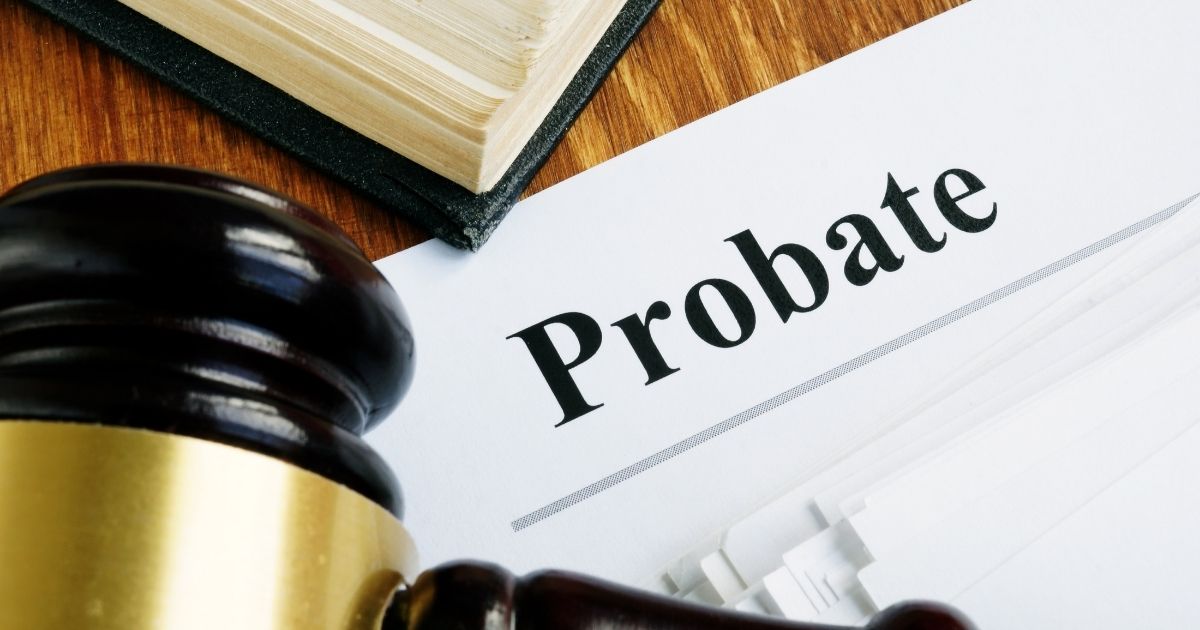Understanding the probate process ensures that individuals can effectively manage their estate, plan for the distribution of assets, minimize taxes, and avoid potential disputes among heirs. It provides clarity and control over transferring wealth and assets after death.
In Pennsylvania, the probate process follows specific steps to ensure that a deceased person’s assets are distributed according to their wishes and state law. We tell our clients to familiarize themselves with the process—a clear understanding helps them and their loved ones.
What Is Probate?
Probate is the legal process through which a deceased person’s assets are distributed to heirs and beneficiaries. It involves proving the validity of the deceased person’s will, if there is one, and administering their estate according to the law.
Not all estates in Pennsylvania go through probate. Estates with assets valued under $50,000 may qualify for simplified probate procedures or may not require probate at all. Additionally, assets held in certain types of trusts or jointly owned property may pass outside of probate.
What Happens if There Is No Will?
If a person passes away without a will, they are said to have died intestate. In such cases, the estate is distributed according to Pennsylvania’s intestacy laws, prioritizing spouses, children, and other close relatives.
How Is the Executor Chosen?
The executor, also known as a personal representative, is typically chosen by the testator and named in the deceased person’s will. A testator is a person who has made a valid will or testament, which is a legal document that outlines how their property and assets should be distributed after their death.
The court will appoint an administrator to oversee the probate process if there is no will.
The executor’s primary role is to carry out the deceased person’s wishes as outlined in their will. That includes locating and inventorying assets, notifying creditors and beneficiaries, paying debts and taxes, and distributing assets according to the will or state law.
How Long Does Probate Take?
The length of the probate process in Pennsylvania depends on the size and complexity of the estate and any disputes that may arise among heirs or creditors. On average, probate can take several months to a year or more to complete.
What Taxes Are Due During Probate?
Pennsylvania does not impose an estate tax, but estates valued over a certain threshold may be subject to federal estate taxes. Additionally, the estate is responsible for paying any income taxes the deceased person owes for the year of their death.
Can the Probate Process Be Avoided?
Several estate planning strategies can minimize or avoid the probate process altogether. These may include creating a revocable living trust, designating beneficiaries on retirement accounts and life insurance policies, and gifting assets during one’s lifetime.
What Happens to Debts During Probate?
The executor is responsible for paying the deceased person’s outstanding debts and liabilities using assets from the estate. Creditors typically have a limited window of time to file claims against the estate, after which they may lose the right to collect.
How Are Assets Distributed?
Once debts, taxes, and administrative expenses have been paid, the remaining assets are distributed to the beneficiaries according to the will or state law terms. Assets are distributed according to Pennsylvania’s intestacy laws if there is no will.
Our West Chester Wills and Estate Lawyers at Eckell Sparks Guide Clients Through the Pennsylvania Probate Process
Contact our experienced West Chester wills and estate lawyers at Eckell, Sparks, Levy, Auerbach, Monte, Sloane, Matthews & Auslander, P.C. for trusted legal guidance on the probate process. We serve clients in Delaware County, Chester County, and Montgomery County. To learn more or to schedule a consultation, call our Media or West Chester, Pennsylvania office at 610-565-3701 or submit our online form.

